Dear students,
I wish our class were meeting in person. Because then I would bring you donuts. And because I want to check in with you, see how you’re doing. How are you doing?
Courtesy of Christie Launius, Associate Dean for Student Success, Engagement, and Undergraduate Studies, here are a couple of resources for you:
(1) Spectrum Center Post-Election Connection
Wednesday, November 6, 1:30-5
If you need a space to find community, connection, and a chance to decompress after a stressful election season, we’ll have a cozy atmosphere, activities, and fall treats available. Pizza will also be provided by the K-State Alumni Association! Stop by anytime during the afternoon.
(2) Support Resources: If you need to speak with someone to help you work through whatever you are feeling in the days that follow, consider visiting Lafene Counseling and Psychological Services.
Full disclosure: The last thing I did before going to bed last night was make an appointment with my therapist. I mention this because it’s OK to reach out for help.
Whoever you voted for (and, to be clear, I am not asking!), please know that the most vulnerable among us will be feeling much more vulnerable right now. From our time together over the semester, I know you are good people. I know you know that we are all part of the same human family — no matter our race, our religion, our ethnic or national heritage, our gender, our sexuality, our gender identity, our ability or disability. So, as people who believe in equal rights, that means you need to step up. Right now, non-white people, gay and transgender people, women, Muslims, and Latinx folks all may be feeling more fragile, or scared, or angry (or all of the above). In sum, people who don’t look like me — a straight, cisgendered white dude — are likely feeling more vulnerable.
But that’s where you come in, and that’s where I’m sure you have already been coming in. Listen. Reach out. Support each other. And I don’t just mean your friends. I mean people you don’t know, too. If you see something, do something. Don’t look the other way, if someone’s getting bullied or harassed. We are all responsible for each other. We have to look out for each other.
A little context. I am trying to keep this advice non-partisan, but, well, this is not an ordinary transfer of power, in which one party’s candidate takes office after the other party’s candidate loses. The President-Elect disdains democratic norms and social norms, only accepts election results if he wins, routinely scapegoats minoritized groups, admires Hitler, and is the first convicted felon elected to the presidency.
So. We have been here before, and we have not. We have survived worse, and we haven’t.
Here’s what I mean. Perhaps you also grew up learning that the USA was founded as a democracy, a place that offers opportunity to all. However, for most of its history, the United States has been a patriarchal, white supremacist police state. There are two exceptions to this claim. The first is Reconstruction (1865-1877), when Black men not only had the vote but got elected (during this period, 16 African Americans served in Congress, and over 600 served in state legislatures). The second is the period of the Voting Rights Act (1865-2013, when Shelby vs. Holder made it unenforceable). So, though it was not in the 18th or 19th century called fascism, we’re not witnessing the debut of US fascism. We have been here before.
And yet we have not. I was born in 1969, and I (wrongly) always took multiracial American democracy as a given. I assumed that the Voting Rights Act was established law. And, then, during 2017-2021, we still had institutionalists surrounding the president — people who could steer him away from his most extreme impulses. Also, 2017-2021 was before Trump vs. US (2024), in which the Supreme Court granted a president immunity for any “official acts.” Then, there were guard rails. Now, there are no guard rails. You should expect that the man who has promised to be a “dictator on day 1” will be exactly that.
I also say that “we have survived worse, and we have not” because the we in that claim needs closer examination. As a country, yes, the US has survived and perpetrated many horrors. But not everyone has survived. I think of Clint Smith’s best-known poem, which begins:
When people say,
“we have made it
Through worse before”
all I hear is the wind slapping against the gravestones
of those who did not make it, those who did not
survive to see the confetti fall from the sky, those who
did not live to watch the parade roll down the street.
I mention this because I don’t want to diminish the dangers. These dangers are very real, and they will not be evenly distributed throughout the population. That said, though the promised mass deportation camps may not target you first, do not assume that you will always be safe.
But, and this is very important, DO NOT DESPAIR. Despair is a gift to the autocrat. Dictators depend upon despair.
Instead, join the struggle. Struggle gets things done. Struggle organizes. Struggle makes the phone calls. Struggle votes. Struggle stands up for the marginalized. As Ta-Nehisi Coates writes in Between the World and Me, “you must wake up every morning knowing that no promise is unbreakable, least of all the promise of waking up at all. This is not despair. These are the preferences of the universe itself: verbs over nouns, actions over states, struggle over hope.”
He frames struggle as more reliable than hope. We might also think of struggle as what hope looks like in action.
Take care of yourself. Drink plenty of water. If you can, go for walks — being in nature is healing. Spend time with friends. Watch your favorite TV shows. To sustain the struggle, you must also sustain yourself.
Finally, remember that you are not alone. We have each other. If you are in town and want to chat, let’s meet up! Indeed, perhaps a group of you would like to commiserate over donuts? Let me know — we can meet at Varsity, if you like.
In solidarity,
Phil Nel
P.S. I am aware that stating all of this publicly makes me a target for persecution in the future. I recognize that I will likely be perceived by the 47th president as “the enemy within.” So, you might wish to be more circumspect than I am. Or you might not. As Timothy Snyder writes in On Tyranny (2017), “Do not obey in advance.” I have decided not to obey in advance.
Related (on the blog unless otherwise indicated) updated 19 Nov. 2024
- RESIST
- “Another World Is Possible” (19 Nov. 2024). Some advice on what to do now.
- “Resolutions for a New Academic Year: A survival guide for higher education in perilous times” (Chronicle of Higher Education, 5 Sept. 2017)
- “The Public University in an Age of Alt-Facts: Remarks on Receiving a Higuchi Award” (13 Dec. 2016)
- “Surviving Trumpism, Restoring Democracy” (12 Nov. 2016)
- CHILDREN’S LITERATURE & EDUCATION
- “Defending the Right to Read: Resources for Opposing Book Bans” (1 Jan. 2024).
- “Why Are People Afraid of Multicultural Children’s Books” (Geschichte der Gegenwart, 21 May 2023). See also the related blog post.
- “Breaking up with your favorite childhood classic books” (Washington Post, 16 May 2021).
- “Seuss, Racism, and Resources for Anti-Racist Children’s Literature” (9 Mar. 2021).
- “Trump is a liar. Tell children the truth” (Public Books, 15 Oct. 2019). See also the related blog post on the essay.
- “Migration, Refugees, and Diaspora in Children’s Literature” (ChLAQ) (11 Dec. 2018). Blog post announcing special issue of the Children’s Literature Association Quarterly on this subject, including excerpts from my introduction.
- Refugee Stories for Young Readers (Public Books, 23 Mar. 2017). Francesca Sanna’s The Journey and other contemporary refugee tales for children.

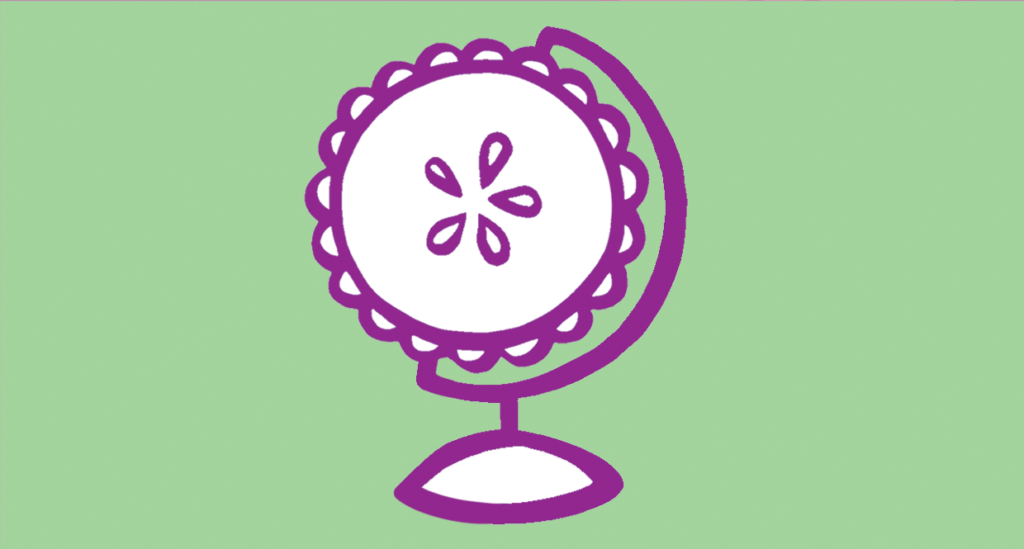
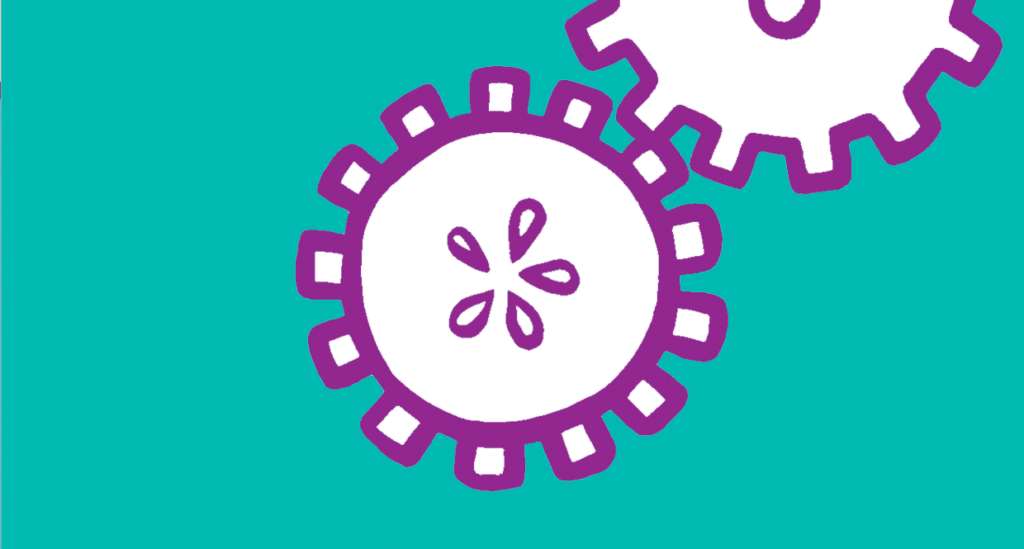
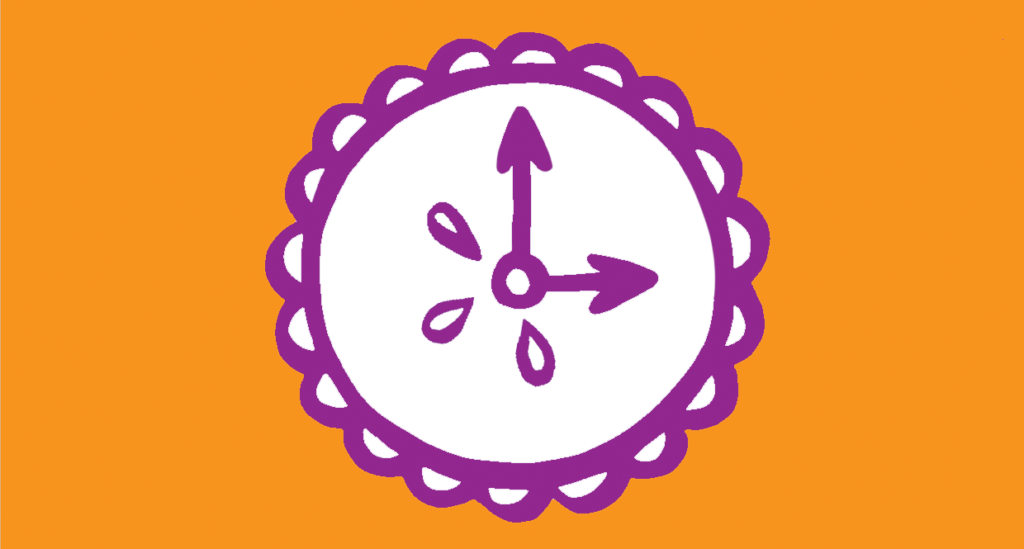
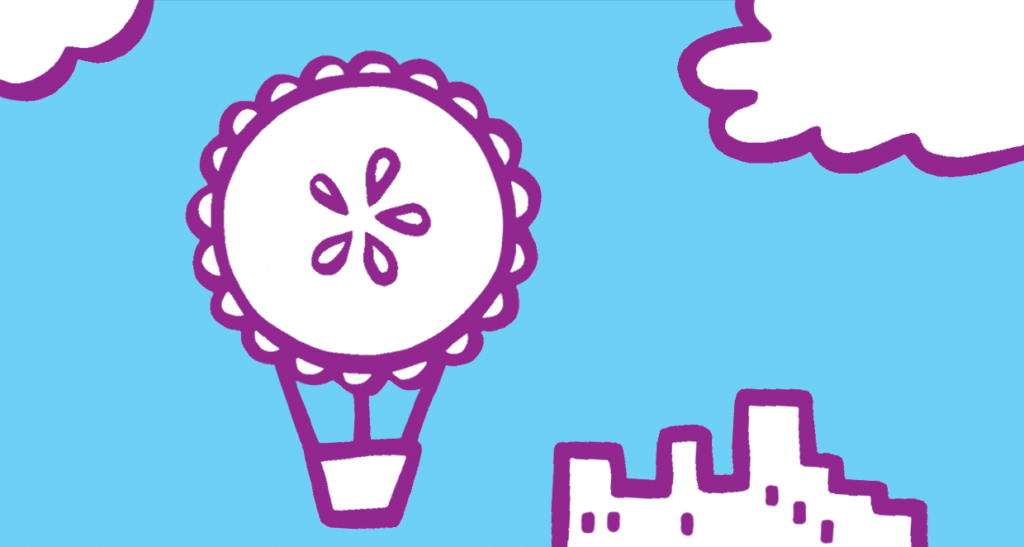
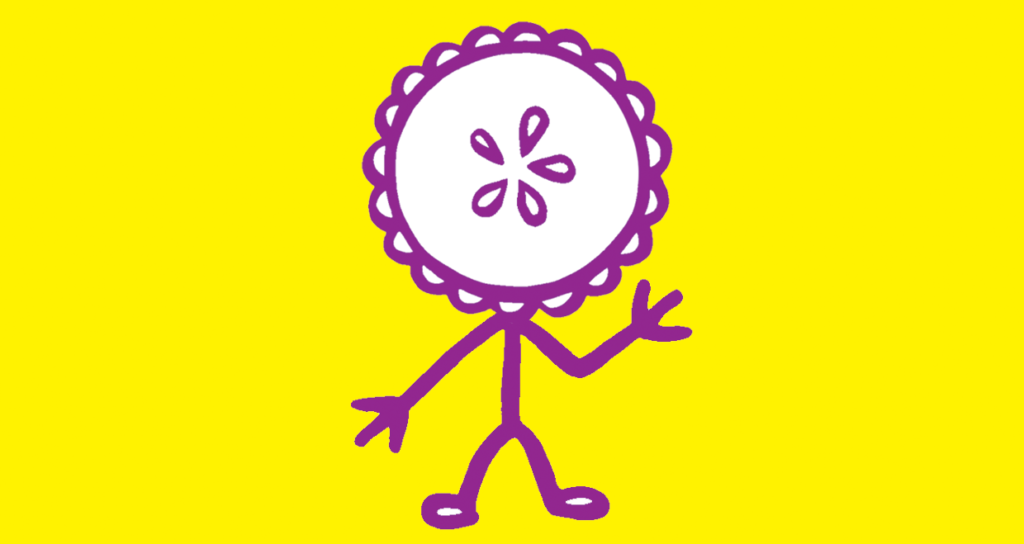
Jeanne Birdsall